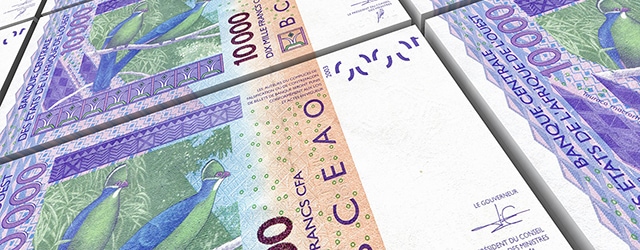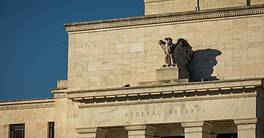African nations are doing away with a relic of the colonial era.

Critics say the CFA franc hobbled economic development and monetary independence; supporters claim it ensured financial stability and helped control inflation. Regardless, West Africa bade adieu to the last colonial currency on the African continent on December 21. French President Emmanuel Macron and Alassane Ouattara, president of Ivory Coast, announced plans to reform what many consider a relic from the past and rename it the eco. The new name is a contraction of Ecowas, for the Economic Community of West African States.
“Core features of the CFA included a fixed rate to the euro, a requirement that member states deposit 50% of their reserves with the French treasury, a credit ceiling of no more than 20% of government revenue in the previous year and at least 20% cover of governments’ sight liabilities,” notes Ken Opalo, professor at Georgetown University’s School of Foreign Service. Under the new plan, while France will withdraw from all governance bodies and its central bank will no longer hold half of the foreign reserves, the eco will remain pegged to the euro, with France as its financial guarantor. “The gradual nature of the reform effort is the prudent way to go,” says Opalo.
Some African economists believe French involvement should come to a complete end and that a fixed exchange rate will continue to make exports less competitive. Others had hoped the reform would be more inclusive.
Created soon after World War II, the CFA is used in 14 African countries with a combined population of over 150 million and $250 billion in GDP. However, the changes will immediately affect only its West African adopters: Benin, Burkina Faso, Guinea-Bissau, Ivory Coast, Mali, Niger, Senegal and Togo. The six nations using Central African CFA have yet to commit to the eco.
While not as radical a transformation as some had anticipated, adoption of the new currency is not cosmetic or inconsequential, Opalo argues. “My sense is that this is the beginning of a gradual process that will culminate in either a regional currency area, or individual CFA countries adopting their own currencies,” he says.



